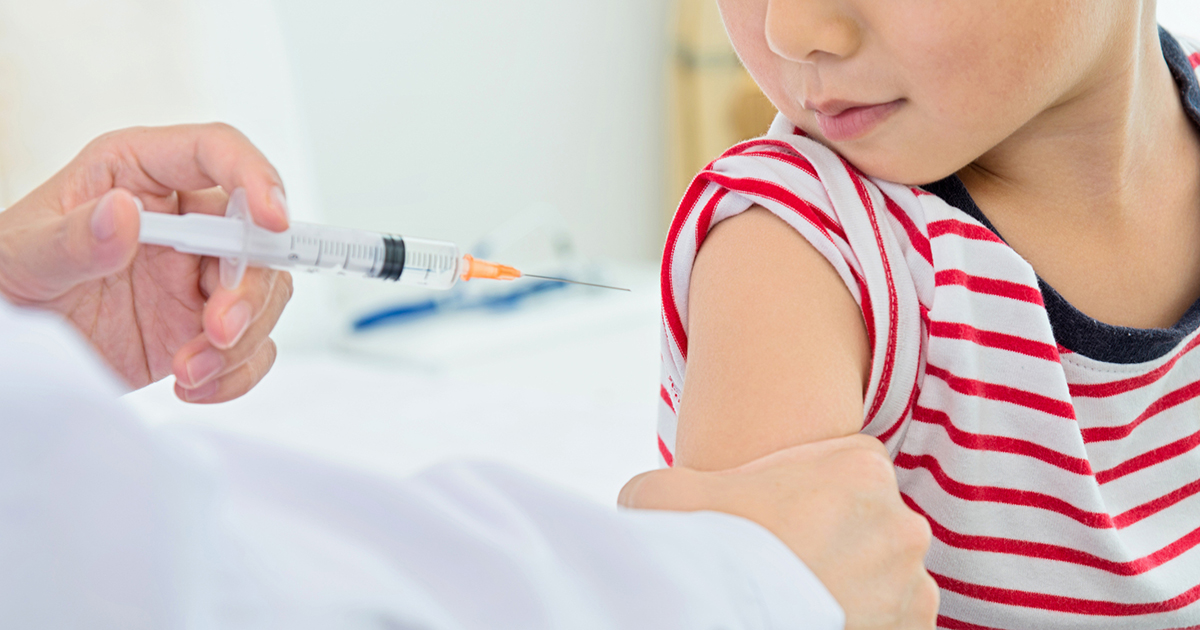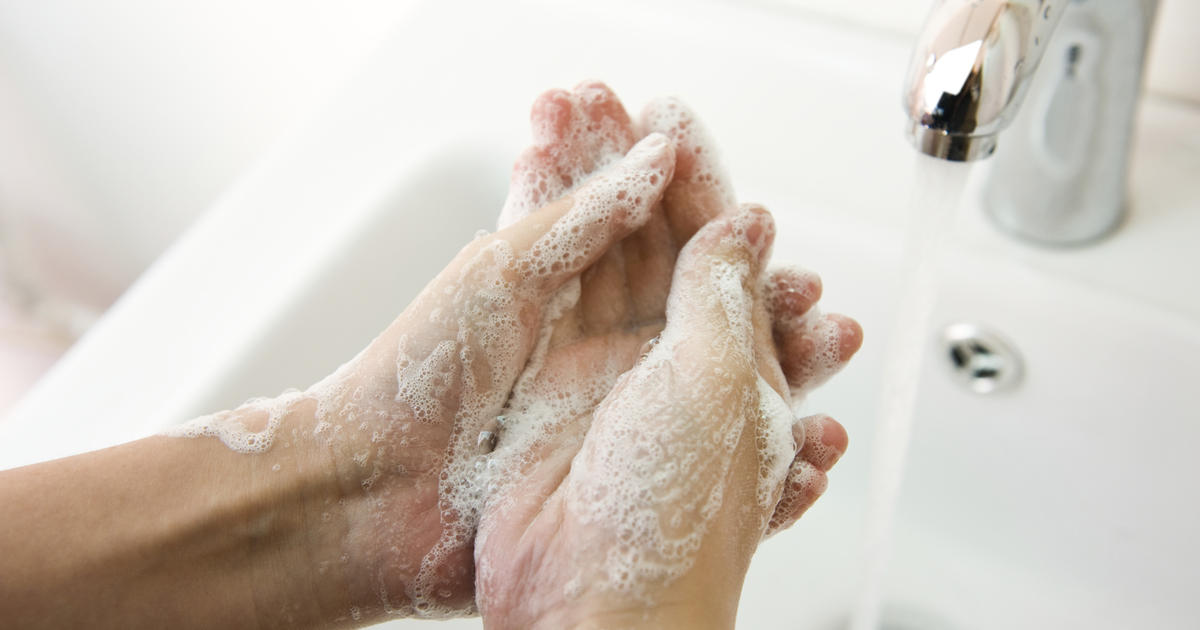Ways To Prevent And Treat Epiglottitis
Epiglottitis is an inflammation of the epiglottis, the thin tissue connecting the tongue to the base of the mouth. The epiglottis prevents food from mistakenly traveling to the windpipe or trachea and becoming lodged, which can cause choking. Epiglottitis is typically caused by infection of the epiglottis, but it can also be the result of trauma. Infection from other areas of the mouth and throat can also migrate to the epiglottis, resulting in epiglottitis. Epiglottitis can be fatal, as severe swelling can cause the epiglottis to obstruct airflow making it difficult to breathe. Individuals with epiglottitis must be treated immediately by a physician.
Get The Hib Vaccine

Until recently, the most common cause of epiglottitis was due to the Haemophilus influenza type b (Hib) virus. This is infection is responsible for a variety of other medical conditions, including meningitis. Hib is spread through the air by way of sneezing or coughing. Sometimes carriers will not get sick but they are still able to transmit the virus and make others sick The best way to avoid epiglottitis caused by the Hib virus is to get the Hib vaccine.
In fact, epiglottitis due to the Hib virus is far less common in developed countries because the Hib vaccine is widely available and utilized. In the United States, children typically receive the vaccine in three or four doses, between the two and fifteen months old. The vaccine is generally not given to individuals over five years old, but children and adults who have not been vaccinated against Hib and have compromised immune systems are encouraged to get the vaccine.
Frequent Handwashing

Streptococcus pneumonia, streptococcus A, B and C, and Staphylococcus aureus are all common infections that can lead to epiglottitis. Each of these infections can be spread by an individual touching an object or person with the infection and then putting their hands in or near their mouth. To aid in preventing the spread of these and other infections, it is best to engage in frequent handwashing.
Handwashing should be performed after exposure to an infected individual or their belongings, after using the restroom, and before eating. This will allow for the removal of any bacteria from the hands and decrease the likelihood of transmission of a virus or infection. If access to water or soap is unavailable, using an alcohol-based hand sanitizer will suffice.
